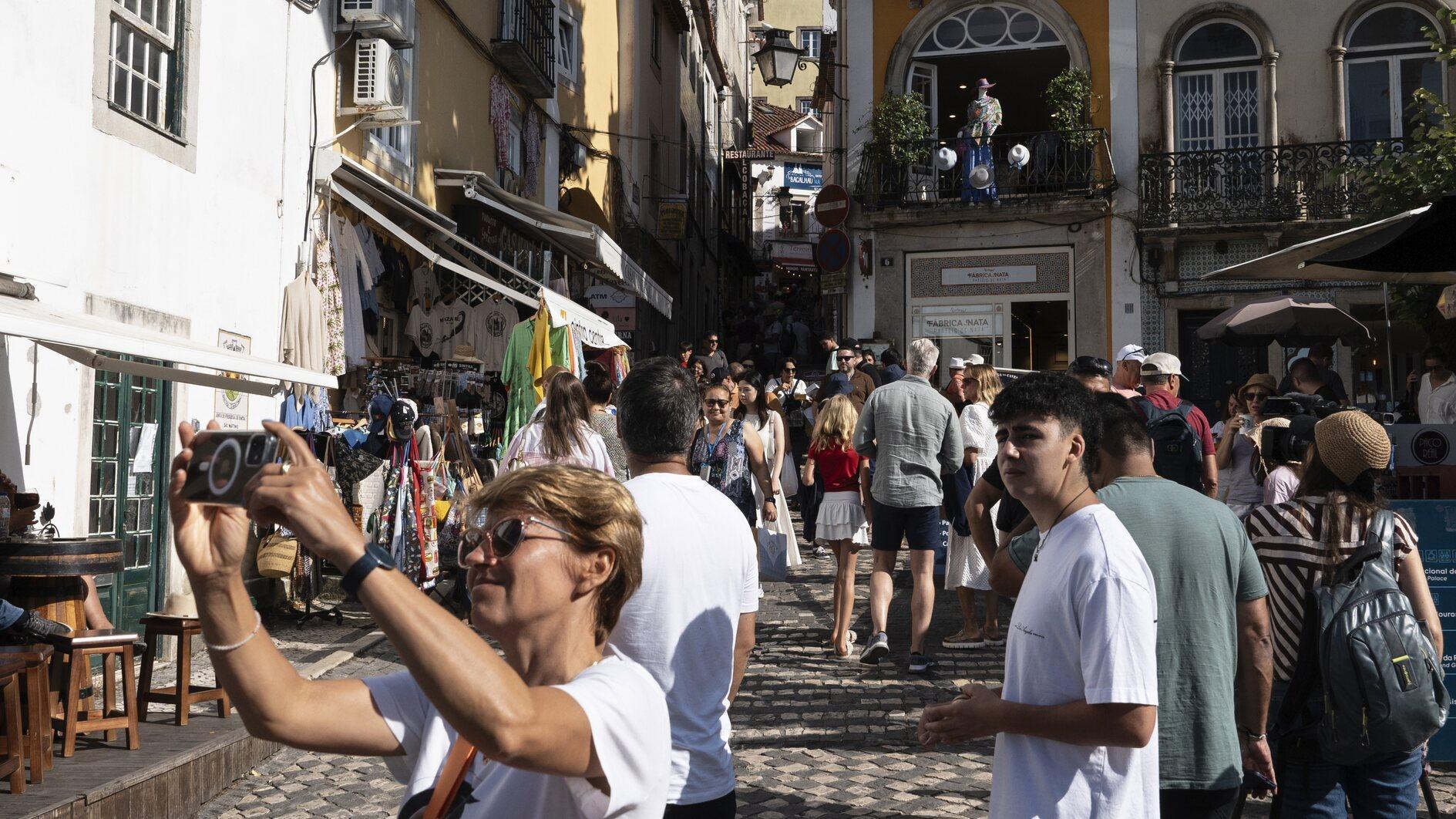Global chaos of 'overtourism' in the summer of 2024
SINTRA

The doorbell to Martinho de Almada Pimentel’s house is hard to find, and he likes it that way. It’s a long rope that, when pulled, rings a literal bell on the roof that lets him know someone is outside the mountainside mansion that his great-grandfather built in 1914 as a monument to privacy.
There's precious little of that for Pimentel during this summer of “overtourism."
Travelers idling in standstill traffic sometimes spot the bell and pull the string “because it's funny," he says.
“Now I'm more isolated than during COVID,” said Pimentel. “Now I try to (not) go out. What I feel is: angry.”
This is a story of what it means to be visited in 2024, the first year in which global tourism is expected to set records since the pandemic.
Wandering is surging, driven by lingering revenge travel, digital nomad campaigns and so-called golden visas blamed in part for skyrocketing housing prices.
Overtourism generally describes the tipping point at which visitors and their cash stop benefitting residents and instead cause harm by degrading historic sites, overwhelming infrastructure and making life markedly more difficult for those who live there.
In January, the United Nations' tourism agency predicted that worldwide tourism would exceed the records set in 2019 by 2 percent. By the end of March, the agency reported, more than 285 million tourists had travelled internationally, about 20 percent more than the first quarter of 2023. The World Travel & Tourism Council projected in April that 142 of 185 countries it analyzed would set records for tourism, set to generate $11.1 trillion globally and account for 330 million jobs.
Aside from the money, there's been trouble in paradise this year, with Spain playing a starring role in everything from water management problems to skyrocketing housing prices and drunken tourist drama.
Protests erupted across the country as early as March, with thousands of people demonstrating in Spain's Canary Islands against visitors and construction that was overwhelming water services and jacking up housing prices.
Tourism is surging and shifting so quickly, in fact, that some experts say the very term “overtourism” is outdated.
Michael O'Regan, a lecturer on tourism and events at Glasgow Caledonian University, argues that “overtourism” doesn't reflect the fact that the experience depends largely on the success or failure of crowd management.
“There’s been backlash against the business models on which modern tourism has been built and the lack of response by politicians," he said.
Tourism “came back quicker than we expected,” he allows, but tourists aren't the problem.
“So what happens when we get too many tourists? Destinations need to do more research."
















